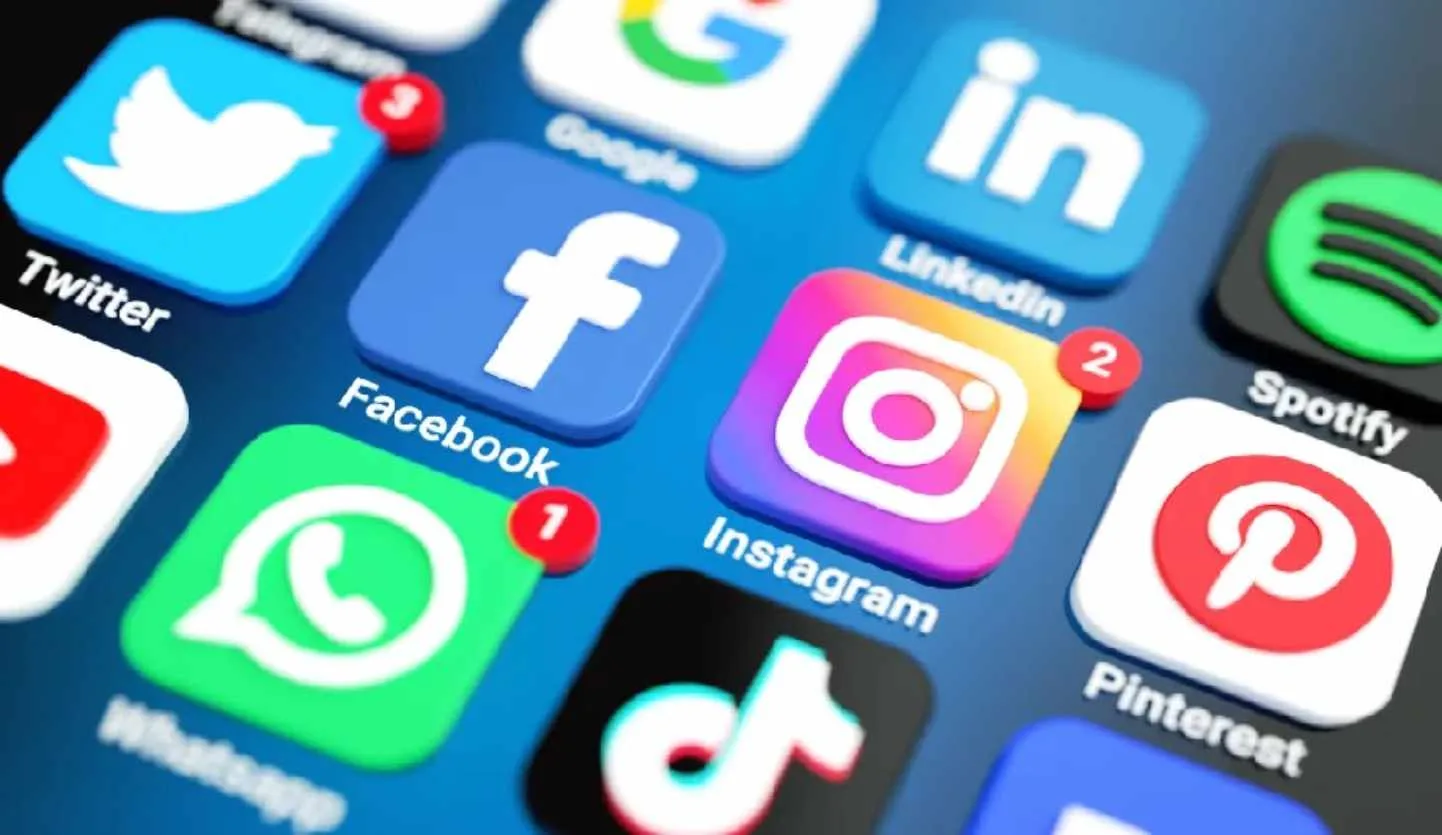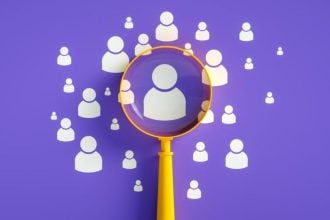The federal government will give Australia’s Communications and Media Authority (ACMA) new powers in an attempt to reduce misinformation and disinformation on global tech and social media platforms including Facebook, Twitter and YouTube.
Last friday, Communications Minister Michelle Rowland reviled the ACMA will be granted powers to delete material from tech compaines and global media platforms if they do not comply with rules that address the issue of false or misleading information.
By the completion of 2023, it is anticipated that new laws will be passed, granting the ACMA the legal capacity to solicit data from tech companies like Meta, Google, and Twitter concerning their approaches to dealing with harmful material.
Rowland says misinformation and disinformation poses a threat to the safety and wellbeing of Australians, as well as to our democracy, society and economy.
“A new and graduated set of powers will enable the ACMA to monitor efforts and compel digital platforms to do more, placing Australia at the forefront in tackling harmful online misinformation and disinformation,” she said.
The Australian Communications and Media Authority will be able to register and enforce new codes and industry standards if the voluntary initiatives are deemed unsatisfactory.
This could also involve the use of more powerful tools to provide people the ability to recognise and report inappropriate online content.
The government is planning to give the ACMA additional power approximately two years after DIGI, a lobby group of the tech sector, introduced a voluntary code of practice on disinformation and misinformation.
According to the code, any information that is false or misleading and has the potential to cause damage is classified as misinformation, whereas disinformation is false or misleading information distributed by users via spam and and automation tools such as bots.
Following the introduction of the code in 2021,, a survey undertaken by the ACMA revealed that 82% of Australians had encountered false information regarding COVID-19 over the course of the past 18 months.
At the request of the federal government, a voluntary agreement was created after an inquiry into the power of digital platforms was completed. Several tech giants such as Google, Meta, Twitter, Microsoft, and the well-known video website TikTok all signed the agreement.
When people share something online many readers dont always stop to think whether it is true. Misinformation can be new, surprising, or emotive can make us increasingly likely to share it resulting in it spreading faster than the facts.







